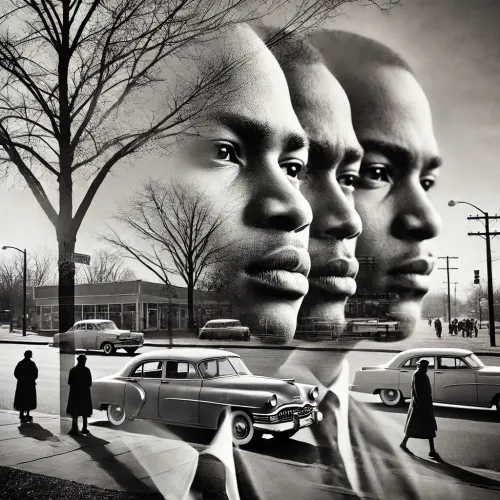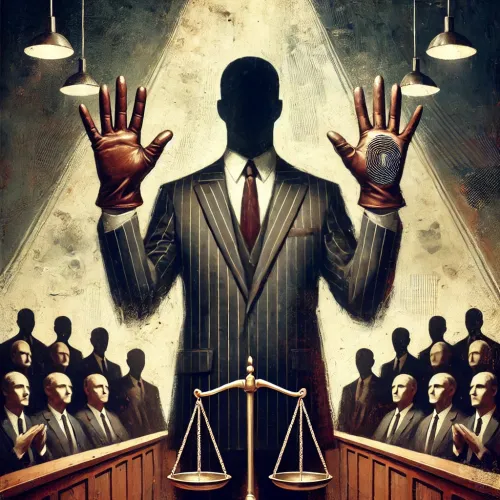Jury nullification is one of the most misunderstood and underappreciated tools in the American legal system. At its core, it occurs when jurors refuse to convict a defendant despite evidence of guilt because they believe the law itself is unjust or improperly applied. While critics dismiss nullification as a threat to the rule of law, its hidden potential lies in its ability to correct systemic injustices and reaffirm the role of the jury as a moral compass in the legal process.
The roots of jury nullification stretch back centuries, and its historical impact cannot be overstated. In colonial America, jurors resisted British laws they deemed oppressive, such as in the trial of John Peter Zenger, where jurors refused to convict a printer accused of seditious libel for criticizing the government. Later, during the 19th century, Northern juries regularly acquitted individuals charged under the Fugitive Slave Act, signaling their moral opposition to slavery. These acts of defiance were pivotal in shaping societal norms and resisting institutionalized injustice.
In modern times, jury nullification remains a tool of immense potential. The war on drugs provides a clear example of its relevance. Harsh sentencing laws, including mandatory minimums, have led to the incarceration of millions, often for nonviolent offenses. These laws disproportionately affect marginalized communities, perpetuating cycles of poverty and inequality. Jury nullification offers a way for citizens to push back against these policies, refusing to convict individuals for minor drug offenses and sending a message that these laws lack public support.
Critics argue that jury nullification undermines the rule of law, leading to inconsistency and unpredictability in legal outcomes. However, this criticism overlooks the democratic foundation of the jury system. Juries were not designed to be passive enforcers of the state’s will; they were intended to serve as an independent check on governmental power. By injecting community values and moral judgment into the process, jurors help ensure that laws reflect societal consensus rather than bureaucratic rigidity.
Moreover, concerns about inconsistency ignore the fact that justice often requires flexibility. Laws, no matter how well-crafted, cannot account for every unique circumstance. Jury nullification addresses this gap by allowing jurors to consider the broader context of a case, ensuring that legal outcomes align with fairness and humanity. For example, cases involving individuals who commit acts of civil disobedience to protest unjust policies—such as environmental activists or whistleblowers—often call for a nuanced approach that strict adherence to the law cannot provide.
Beyond its practical applications, jury nullification carries profound symbolic value. It empowers ordinary citizens to challenge systemic injustices from within the system, providing a democratic counterweight to institutional inertia. This is particularly significant in an era where public trust in the justice system is eroding. High-profile cases of police brutality, mass incarceration, and prosecutorial overreach have fueled skepticism about the impartiality of the courts. Jury nullification restores agency to citizens, reminding them that they play a crucial role in shaping the justice system.
Despite its potential, jury nullification remains underutilized, partly due to a lack of awareness. Judges rarely inform jurors of their right to nullify, and some actively discourage it through strict jury instructions. In many jurisdictions, efforts to educate jurors about nullification have been met with resistance, with advocates facing legal challenges and censorship. This reluctance stems from a desire to preserve the appearance of legal consistency, but it comes at the cost of suppressing a powerful tool for justice.
The fear of nullification being misused—such as by juries acting on prejudice rather than principle—is valid but overstated. History shows that while nullification has been wielded irresponsibly, as in the acquittals of white defendants in Civil Rights-era violence, these instances are outliers. The solution is not to suppress nullification but to foster greater awareness and accountability. Educating jurors about their rights and responsibilities, along with promoting diversity in jury pools, can mitigate the risk of abuse while maximizing the benefits.
In the end, jury nullification is not a threat to the rule of law but a reminder of its purpose: to serve justice. Laws are human creations, subject to error and bias. When laws fail to align with moral and societal values, juries have the power—and the duty—to correct the course. Nullification is not an act of rebellion but an affirmation of democracy, ensuring that the legal system remains accountable to the people it serves.
By embracing jury nullification, we unleash its hidden potential to address systemic injustices, challenge oppressive laws, and inject humanity into the courtroom. It is a vital safeguard against the misuse of power and a testament to the enduring principle that justice must always serve the greater good. Far from undermining the legal system, jury nullification strengthens it by ensuring that it remains rooted in fairness, equity, and the collective conscience of society.




